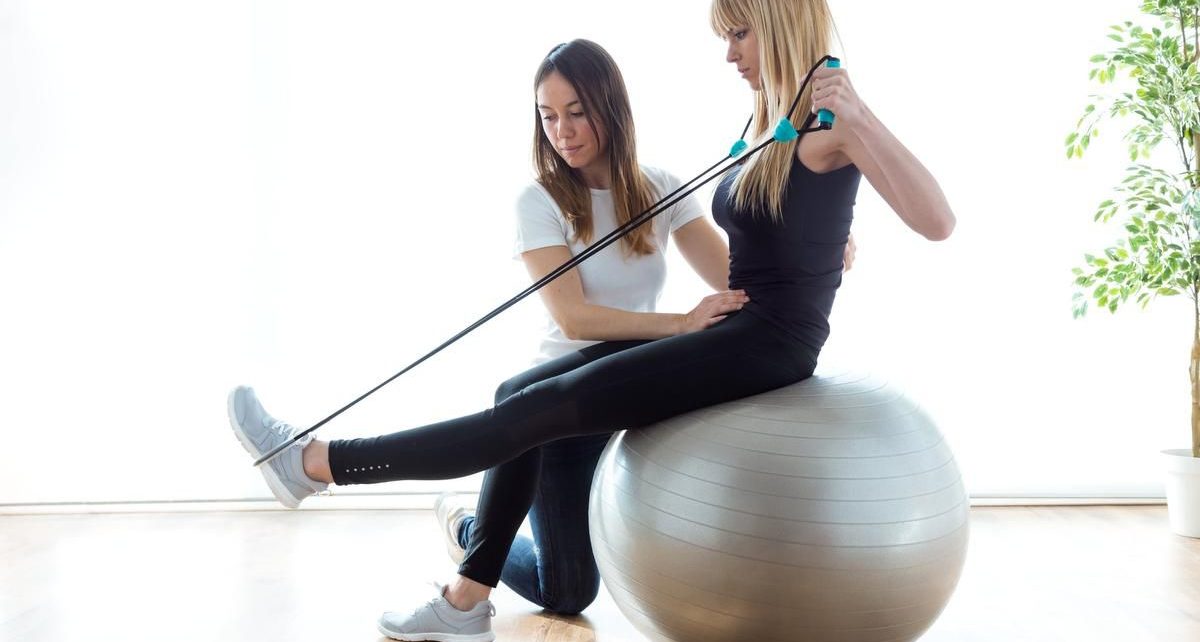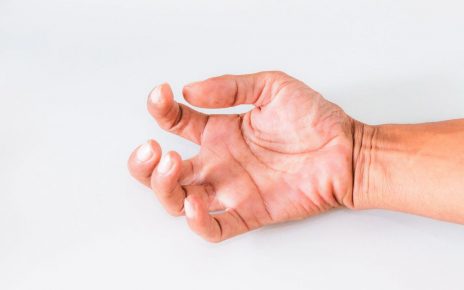By Prof. Darlene ReidSpecial to the Star
Mon., June 18, 2018
Research shows Chronic Obstructive Pulmonary Disease — or COPD — can affect more than your ability to breathe. It can also affect your ability to multi-task.
COPD, which includes chronic bronchitis and emphysema, develops over time and leads to shortness of breath as a person’s airways become inflamed. I study its impact at the Rehabilitation Aimed at Muscle Performance (RAMP) lab at the University of Toronto.
/https://www.thestar.com/content/dam/thestar/life/health_wellness/analysis/2018/06/18/exercise-should-work-out-the-brain-and-the-body/doctor_exercise.jpg)
An estimated 9 per cent of Canadians live with this disease. The primary cause is cigarette smoking, but it can also be caused by second hand smoke, air pollution and the use of different biomass fuels like wood for heating and cooking, particularly in poorly ventilated homes.
Many people with COPD feel that they’re more fatigued than usual. We think some of that’s related to the muscles, but I think some of that fatigue has to do with a “tired” brain.
When we move, a signal goes from the brain down through our nerves to our muscles. And then we get all sorts of feedback from receptors in our joints and muscles to tell our bodies and brains what position we’re in. When we keep using that circuitry, our body and brain become very smart and co-ordinated. But, if you stop using the circuitry, it goes dormant — just like in the old expression, “use it or lose it.”
Article Continued Below
Researchers have long known that COPD can affect the brain when it comes to things like memory and attention. But, until recently, there hadn’t been any research into how COPD affects the brain’s ability to co-ordinate movement.
One of my recent studies looked at the complexity of physical activity and asked whether people with COPD make more mistakes while doing two things at the same time. We found that participants with COPD make more errors when they’re multi-tasking while walking. This is important to consider when doing activities at or outside the home because we don’t often walk for the sake of walking. We might think about what we need to buy while we’re in the grocery store or what we went to get from the garage. This involves multi-tasking — using brain power to initiate our movement and to be thinking about the task at hand.
So, it’s important to do activities that involve co-ordinating the brain and the muscles.
People with COPD should perform exercise programs that require multi-tasking to train the brain and body to move well while doing two or more things at once. This could include walking around an obstacle course or doing a video game that involves moving your body while trying to manoeuvre around objects, like virtually skiing down a hill. These kinds of exercises can be modified to make them increasingly more difficult as the brain and muscles become more fit!
Activities that strengthen muscles and improve co-ordination are very important for helping us move with ease and prevent falls. If one is less co-ordinated, a stumble will result in a fall rather than recovery. And as we age, falls can have more serious outcomes, such as broken bones.
If you have COPD and want to increase your activity level, it’s best to do it with the help and supervision of a health professional trained to work with people who have a lung disease. I recommend calling your local lung association for the closest location of a pulmonary rehabilitation centre. You might need a referral from your family doctor or respirologist — but it depends on the rehab program.
Often, when we think about exercise, we think about doing things we might have done when we were younger. But those exercises aren’t well suited to a person with COPD. The exercise has to be prescribed in a specific way so you do just enough to train, but not so much that you over-exert and exhaust yourself.
Article Continued Below
I see physical activity as a lifelong commitment — start low and progress slowly. Find something enjoyable that fits into your day-to-day life and involves a variety of activities that support strength, endurance and balance.
The bottom line is that if we get suitable exercise training programs that can help us focus on multi-tasking, we can enable people with lung disease to live independently, stay in their homes longer and remain out of hospital.
Darlene Reid is a Professor and Chair of the Department of Physical Therapy at the University of Toronto’s Faculty of Medicine. You can watch her talk about her research here. Doctors’ Notes is a weekly column by members of the U of T Faculty of Medicine.
TOP STORIES, DELIVERED TO YOUR INBOX.
NEW NEWSLETTERHEADLINES






